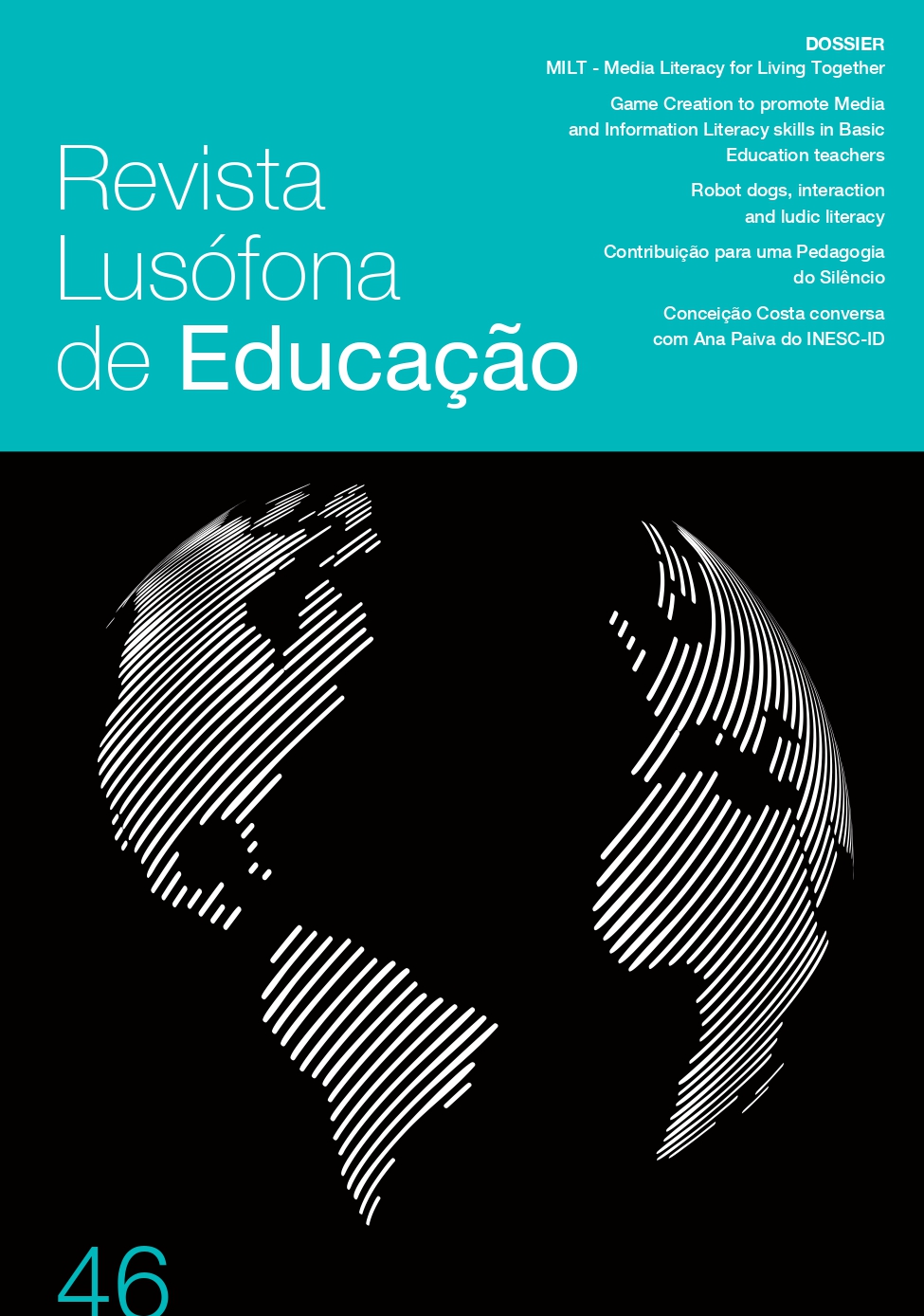‘Escapando de la clase tradicional’: the escape rooms methodology within the spanish as foreign language classroom
Abstract
The escape games or the so-called escape rooms industry is booming nowadays. Due to the fact that this type of live-action team-based games (Nicholson, 2016) require a great deal of communication and critical thinking, it is quite easy to think of its application in education. This paper aims at discussing how to use escape room concepts for educational purposes and, more specifically, in Spanish as Foreign Language (SFL) classroom. Moreover, it is also our aim to present a case study in which students were invited to both create and participate in an escape room. Therefore, we will be focusing on escape room design applied to the teaching of the SFL setting, taking into consideration game narratives, puzzle types and rooms organization aspects. By following an ethnographic methodological approach, a case study was undertaken in which the following data-collection tools were used: a) questionnaires to figure out students’ perceptions on escape rooms and on the influence of escape room methodologies onto the development of skills; b) field notes, pictures and videos collected during the application of the escape room activities. The main results show that students considered both escape rooms catered for the development of 21st-century skills.
Keywords: escape room methodology; gamification; Spanish as a foreign language
Downloads
-
Authors retain copyright of their work, without any payment, and grant the journal the right of first publication. The work is simultaneously licensed under a Creative Commons Attribution 4.0 International License (CC BY 4.0), which allows others to share (copy and redistribute the material in any medium or format) and adapt (remix, transform, and build upon the material for any purpose, even commercially), provided that proper credit is given to the author(s) and the initial publication in RLE is acknowledged.
-
Authors are permitted to enter into separate, additional contractual arrangements for the non-exclusive distribution of the version of the work published in this journal (e.g., depositing it in an institutional repository or publishing it as a book chapter), provided that authorship and initial publication in RLE are acknowledged.
-
Authors are allowed and encouraged to post and disseminate their work online (e.g., in institutional repositories or on their personal websites), as this can increase the visibility and citation of the published work (see The Open Access Effect).








